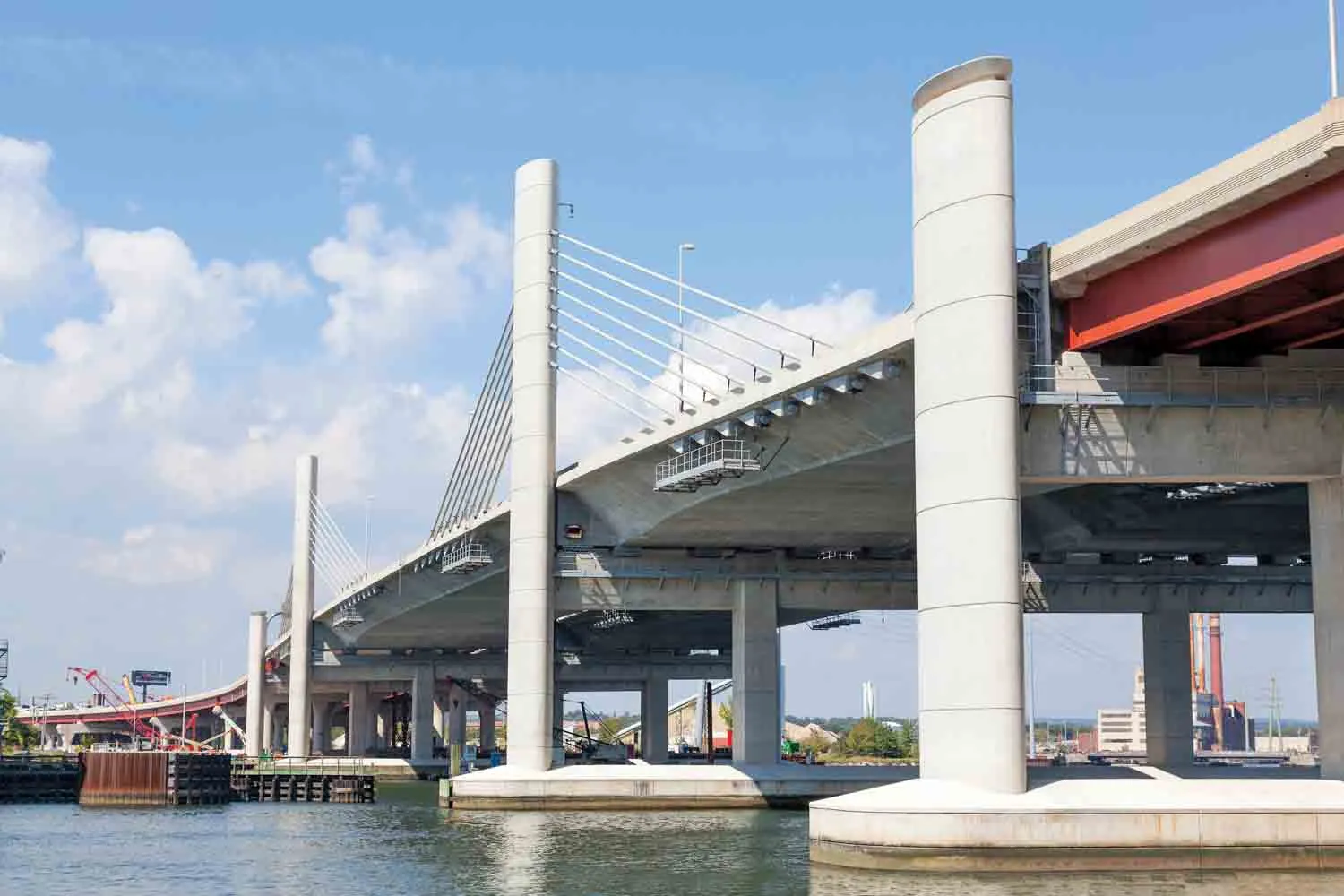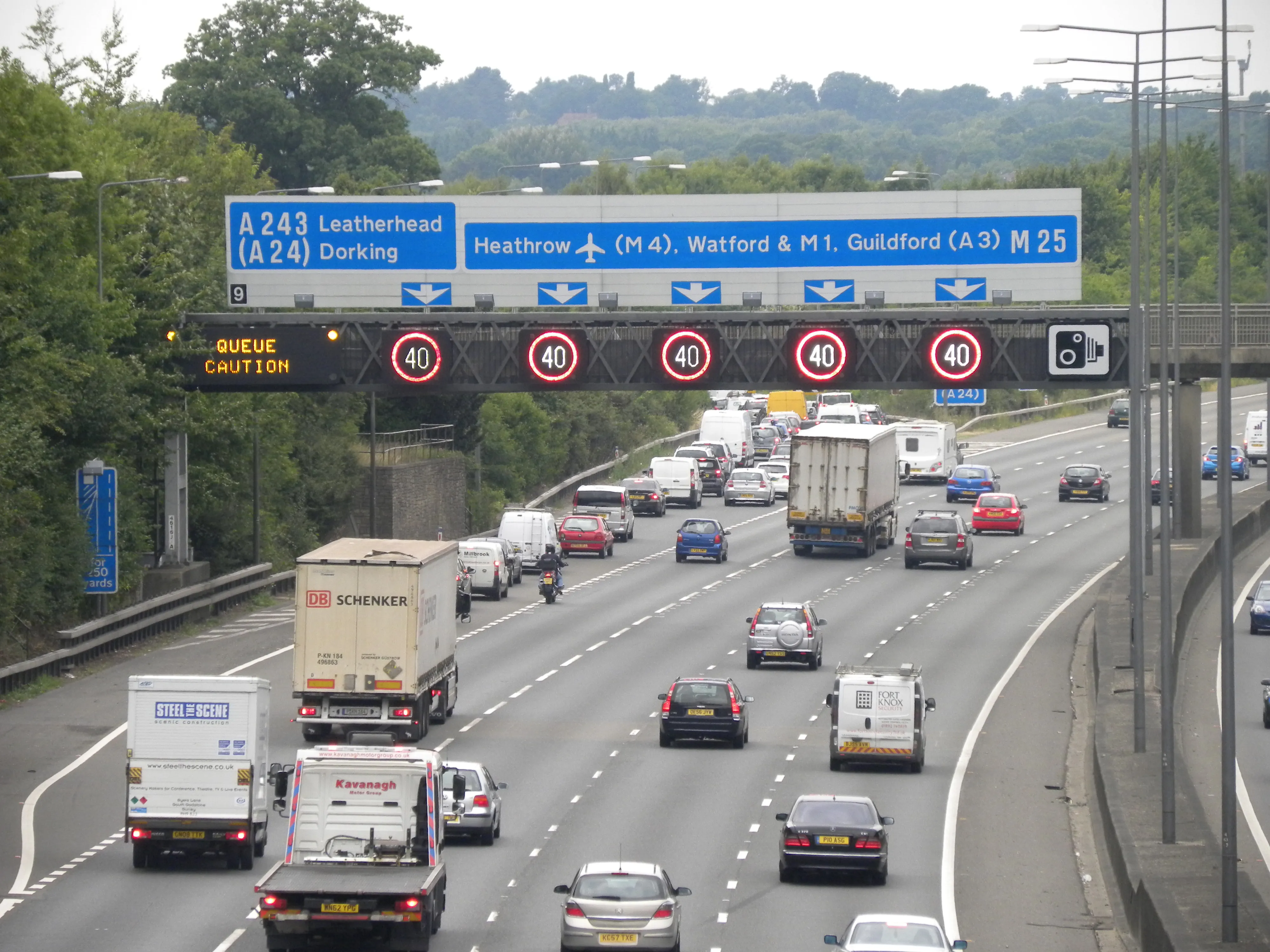The UK's National Audit Office (NAO) has criticised the Department for Transport's (DfT) budget cuts on the grounds that they will increase costs for users. A new report from the NAO suggests that the DfT has no long term strategy and that the cuts lack strategic understanding.
April 26, 2012
Read time: 1 min
The UK’s 5285 National Audit Office (NAO) has criticised the 5432 Department for Transport's (DfT) budget cuts on the grounds that they will increase costs for users. A new report from the NAO suggests that the DfT has no long term strategy and that the cuts lack strategic understanding. According to the NAO, the DfT cannot guarantee value for money due to delays on investment and the short timeframe imposed. The 2010 emergency budget reduced the department's budget by €812 million (£683 million) while a further 15% reduction will be seen in spending over the next four years. The NAO report highlights a slashing of the 2309 Highways Agency budget by up to 20% and warns that this may not be financially sustainable. The DfT and local authorities will face significantly higher costs in the long term long-term due to the €1.43 billion (£1.2 billion) reduction in maintenance of local and national roads.








